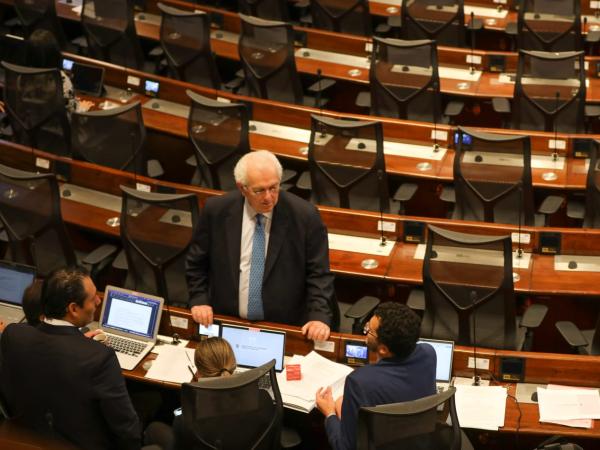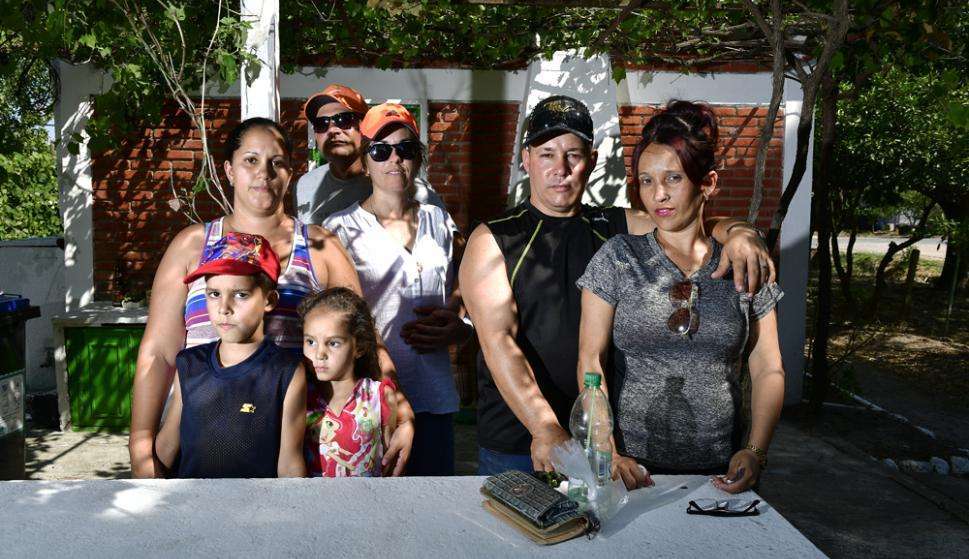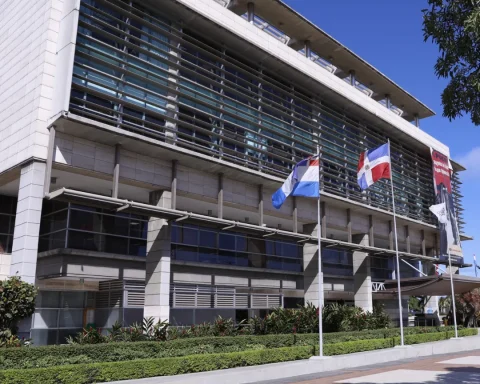Gustavo Petro’s tax reform reaches the final stretch, since the paper is expected to be filed this week for debate in the plenary sessions of the Chamber and Senate, which, as confirmed by the Minister of Finance, José Antonio Ocampo, would take place between Wednesday and Thursday.
().
Since the original project was filed on August 8, the articles have seen multiple modifications, and for this last stage there are already a series of changes that have already been confirmed by the government and the coordinators and rapporteurs. Before reaching the third commissions, the project already brought with it adjustments in issues such as the wealth tax, dividends, and also in relation to the surcharge on oil and coal exports.
Now, for plenary sessions, there are three main points that were announced in recent days and are related to free zones, pensions, and the hydrocarbon and mining sectors.
At the end of last week, the head of the Treasury portfolio assured that the presentation “is already virtually approved by the speakers for the second debate, and there are only a few new articles left that are going to be discussed on Monday and based on that already the paper will be presented for the plenary sessions of the Senate and Chamber”.
Ocampo assured that it is now estimated that the collection will be around $20 billion, although the government’s goal with the reform, which was originally $25 billion, had already seen a cut that took it to $21.5 billion for the first debate. This implies that the Government would have already given up some $5 billion.
The energy miners
One of the most turbulent points that this tax reform has had are the taxes on the mining and energy sector. A 10% tax on oil and coal exports (and also gold) was originally proposed, although it was later eliminated. But after criticism, the government announced a rent surcharge for the sector of 10% in 2023, 7.5% in 2024 and 5% in 2025, which was approved in the first debate.
But for the presentation in plenary another formula is expected; a mechanism that establishes rates depending on the international price, and that instead of having fixed rates captures the benefits of high international prices, but when these prices are normalized, that surcharge is not used.
“If the international price is above the historical average of the last 20 years there will be a tax. If it is more than 30% we are thinking of 5% of the additional tax, if it is above 60% it will be 10%. When international prices drop, that over-rate will disappear,” the minister assured.
Regarding the non-deductibility of royalties from income tax, another of the critical points related to the sector, the Treasury reiterated that this point was confirmed.
Fredy Mora, tax partner at EY, stressed that “the projects that involve extractive activity in Colombia, and also those that use the figure of free zones, are long-term, and in this it is going to be very important to wait for a text of the law that allows knowing in detail how the application of the proposed changes will be.
According to the expert, it cannot be ignored that there is talk of an increase in the taxation of taxpayers and especially of their extractive projects, and its impact must be measured not only in 2023 but also in the years of useful life of the Project.
For Theodore Kahn, senior analyst at Control Risks, these are modifications that in general “attenuate the impact of the reform on the business sector, especially the changes for the extractive industries where natural gas would no longer have the 10% surcharge” .
free zones
These figures have been subject to change, because while in the first debate it was approved that they continue with a rental rate of 20%, but with a gradual internationalization plan in which sales ceilings are established for the internal market that could not be exceed 40% in 2024, 30% in 2025 and 20% by 2026, the government announced that a mixed taxation formula will now be proposed: firms that are dedicated to exporting will maintain that 20% rate and those that sell to domestic market will handle the general rate of 35%.
“This determination would lead us to think that the net income related to export activities would be taxed at 20% while the net income related to activities other than exports would be taxed at 35%. This change will impose challenges on taxpayers to establish the activities related to export, and those not related to it, and also how the costs and expenses incurred by the companies will have to be provided within the two activities”, Mora assured.
Pensions
Another of the modifications that made the most noise last week was the announcement that would eliminate the point that the reform raised of subjecting pension payments that exceed approximately $10 million per month to taxation.
Kahn assured that “the modifications in recent days show once again the influence of the traditional and centrist parties, whose support the government needs at the end of the day to approve reforms, in addition to the government’s willingness (and especially Minister Ocampo) to negotiate certain issues with the unions”.
Laura Lucia Becerra Elejalde
BRIEFCASE


















